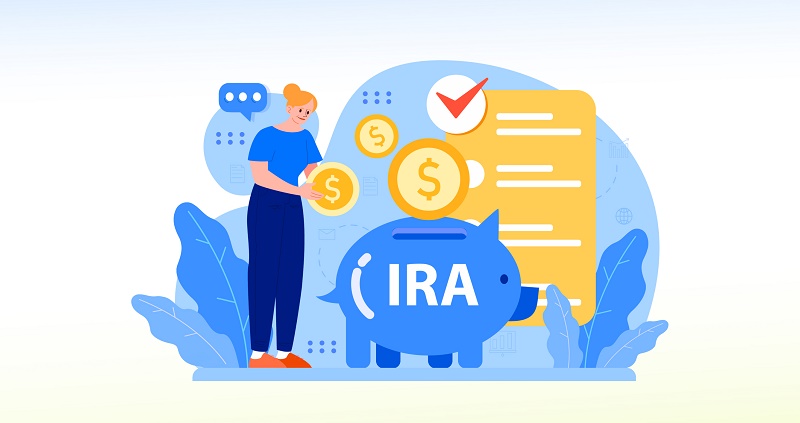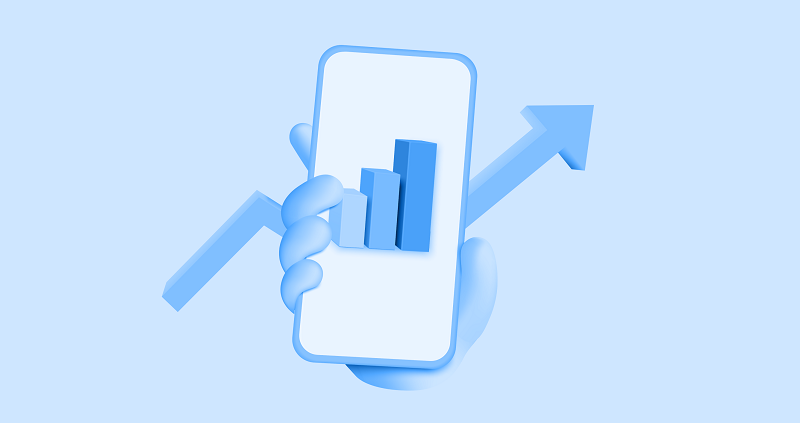Retirement taxes in New Hampshire
Is New Hampshire tax-friendly for retirees?
Home > Retirement > Retirement Taxes in New Hampshire
Retirement income: When it comes to New Hampshire retirement taxes, you won’t be taxed on Social Security benefits, pensions, or retirement account withdrawals.
Lower costs: NH retirees also benefit from lower overall costs because the state doesn’t impose a general sales tax.
Other costs may apply: Although there are no retirement taxes in New Hampshire, there are a few other taxes and costs that retirees should be aware of.
Is Social Security taxed in New Hampshire?
No, Social Security benefits are not taxed in New Hampshire. The state does not have a broad-based personal income tax, which means that retirees don’t pay state tax on Social Security income. This makes New Hampshire one of the most favorable states for retirees who rely on Social Security as part of their retirement income.
Meanwhile, for non-retirement accounts, starting January 1, 2025, New Hampshire taxpayers are no longer subject to the New Hampshire Interest & Dividends Tax (I&D).
Does New Hampshire tax retirement income?
Widely considered one of the most tax-friendly states for retirees, there are no retirement taxes in New Hampshire.
This includes pensions, 401(k) withdrawals, annuities, and both traditional IRAs and Roth IRAs. Even taxable pensions — such as those that are subject to federal income tax — are fully exempt from state income tax in New Hampshire. Here’s how it works.
Pensions
No, the state doesn’t tax pension income, whether you’re receiving it from a public pension (for example, a teacher’s or state employee retirement system) or a private pension from a former employer. This also includes federal and military pensions, as well as local government pensions (even those from other states).
401(k) withdrawals
Income from tax-deferred retirement accounts, such as a 401(k), is not subject to state income tax in New Hampshire, regardless of whether the distributions are taken as a lump sum or in periodic withdrawals. However, this type of income may still be subject to federal income tax.
Traditional and Roth IRAs
Traditional IRA withdrawals are not taxed by New Hampshire, even though they are considered taxable income at a federal level. Roth IRA withdrawals, on the other hand, are tax-free both federally and state-wise — as long as they are qualified (taken after age 59½, and after holding the account for at least five years).
Annuities
Annuity payments, which can be used to create a consistent retirement income, are fully exempt from New Hampshire income tax, no matter whether they’re fixed or variable annuities, immediate or deferred, or purchased privately or as part of a retirement plan.
Is there an interest and dividends tax in New Hampshire?
While New Hampshire doesn’t tax wages or most income, previously it did tax interest and dividends earned outside of retirement accounts. However, as of January 1, 2025, the Interest & Dividends Tax has been fully repealed, meaning taxpayers are no longer required to pay a levy on interest and dividend income. Federal income tax may still apply.
For retirees, this opens up new opportunities to grow wealth through a number of savings products without the burden of state-level taxation on earnings. Examples of accounts and investments where this change may apply include:
High-yield savings accounts
These are savings accounts offered by banks or online financial institutions that pay a higher interest rate than traditional savings accounts. They can let you grow your cash accessibly, with low risk.
Dividend-paying investments
These are shares of companies that regularly distribute a portion of their profits back to shareholders in the form of dividends. Qualified dividends are taxed at lower federal rates — and as of 2025, are no longer subject to state taxation in New Hampshire.
Interest from bonds
Bonds — especially corporate and U.S. Treasury bonds — pay interest that was previously taxed by the state. With the repeal of the I&D tax, interest income is free from New Hampshire tax. However, when you hold bonds in a taxable account (rather than a tax-advantaged retirement account), the interest income you receive is subject to taxes at your ordinary income tax rate.
At what age do seniors stop paying property taxes in New Hampshire?
Seniors in New Hampshire can receive property tax exemptions, known as Elderly Exemption, to reduce their tax burden. However, these exemptions don’t eliminate property taxes entirely; instead, they reduce the taxable value of the property, resulting in lower property tax bills overall.
To qualify for the Elderly Exemption, you must:
Be at least 65 years old as of April 1 of the tax year
Have been a New Hampshire resident for at least three consecutive years prior to April 1 of the year in which the exemption is claimed
Own and occupy the property as your principal residence
Eligibility criteria vary by municipality, and some towns may have additional income and asset limits. Therefore, it is important to check with your local tax assessor’s office for specific requirements. You might seek advice from a retirement financial advisor if you have a complex property portfolio.
Does New Hampshire have a sales tax?
No, New Hampshire has no statewide sales tax, making it one of only five U.S. states with no general sales tax. If you live in New Hampshire, you’ll typically enjoy lower effective prices on everyday purchases such as groceries, clothing, and electronics.
However, New Hampshire does impose other taxes, including a real estate transfer tax and excise taxes on tobacco and alcohol, among others. Additionally, property taxes tend to be relatively high compared to the national average.
Are there estate or inheritance taxes in New Hampshire?
No, New Hampshire doesn’t impose any state-level estate tax or inheritance tax. The Legacy & Succession Tax on inherited personal property was abolished as of January 1, 2003. Additionally, the state estate tax obligation for deaths occurring after January 1, 2005, has also been abolished.
However, it’s important to note that federal estate tax may still apply for large estates — as of 2025, the federal exemption is $13.99 million per individual, with estates exceeding that threshold being subject to federal taxation up to 40%.
What other taxes affect New Hampshire retirees?
While there are no retirement taxes in New Hampshire, there are a few other taxes that may impact older residents in the state. Here are some smaller but recurring costs and taxes retirees to be aware of.
Meals and Rooms (Lodging) Tax of 8.5%, when dining at restaurants or buying prepared food, or renting a hotel room or Airbnb
Excise Taxes and sales taxes on alcohol, tobacco and fuel
Vehicle Registration Fees: While technically not a tax, they can be relatively high in New Hampshire, and there are currently no statewide exemptions for seniors.
Is New Hampshire tax-friendly for retirees?
Yes, retirees can expect a favorable tax environment in NH, especially for those drawing income from Social Security, retirement accounts, and pensions.
Here’s a summary table of what taxes you can expect as a retiree in New Hampshire.
Not taxed in New Hampshire | Taxes and fees in New Hampshire |
Social Security income | Property taxes |
Pensions (public and private) | Interest and dividend income |
401(k) and 403(b) withdrawals | Meals and Rooms Tax |
Traditional and Roth IRA withdrawals | Excise Taxes |
Annuity income | Vehicle Registration Fee |
Wages | |
Retail sales | |
Estate or inheritance |
Bottom line
One smart way to take advantage of the NH retirement tax environment is by putting your savings to work in high-yield deposit products. With Raisin, you can easily compare and access high-yield savings accounts and CDs from a network of trusted U.S. banks and credit unions — all in one place. Whether you’re looking for stable returns or diversifying your non-retirement savings, Raisin makes it easy to get more from your savings.
The above article is intended to provide generalized financial information designed to educate a broad segment of the public; it does not give personalized tax, investment, legal, or other business and professional advice. Before taking any action, you should always seek the assistance of a professional who knows your particular situation for advice on taxes, your investments, the law, or any other business and professional matters that affect you and/or your business.


